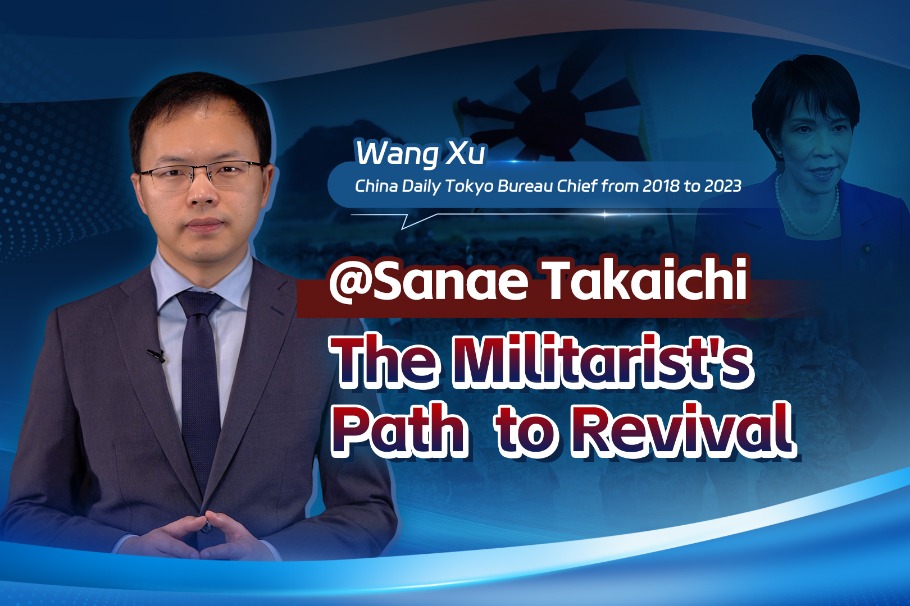Summit sets stage for new currency era
By Saud Faisal Malik | China Daily Global | Updated: 2023-08-25 09:10

As global economic dynamics continue to evolve, the quest for financial sovereignty and economic diversity gains momentum among emerging economic powerhouses.
The US dollar was designated by Washington as the world's reserve currency as part of the post-World War II Bretton Woods accord. This meant that other countries' foreign exchange reserves contained substantial sums of the US currency, and that the dollar was dominant in international trade and finance. Recently, however, it has become a weapon against other state assets and even against private properties.
De-dollarization allows many countries to look for other currencies in order to minimize their dependency on the US dollar. It necessitates the autonomous decision of a vast and complicated network of exporters, importers, currency traders, debt issuers and lenders to use other currencies. Indeed, the dollar's share in global business has decreased in recent decades.
The 15th BRICS Summit from Tuesday to Thursday in South Africa has become a pivotal event in reshaping the international monetary landscape. Amid discussions about the expansion of BRICS — the grouping of the major emerging economies of Brazil, Russia, India, China and South Africa — the resounding call for developing a new common currency resonates as a beacon of economic cooperation and unity.
While challenges loom and uncertainties abound, the idea of forging a new BRICS currency and minimizing the dominance of the US dollar holds the promise of a brighter, more inclusive economic future.
The BRICS nations have long recognized the need to break free from the overbearing influence of the US dollar in global trade and finance. The group has intensified discussions on conducting more trade among its member countries using local currencies.
Despite the enthusiasm for a new BRICS currency, the path forward is riddled with challenges that require careful consideration. One of the foremost obstacles is finding a suitable alternative to the US dollar for international transactions. Mihaela Papa, a scholar of BRICS economies, emphasizes the importance of a well-regulated, stable and liquid financial market to underpin the success of a new currency. Furthermore, the currency might need to be backed by valuable commodities such as gold or other rare metals, ensuring its stability and global acceptance.
The notion of a BRICS currency does not imply a mere replication of existing international currencies like the euro. Rather, the focus seems to be on creating an integrated payment system for cross-border trade among BRICS members. Such a system could significantly simplify transactions and eliminate the need to convert local currencies into dollars, thereby enhancing the efficiency of intragroup trade.
While complete de-dollarization might not be an imminent reality, the groundwork has already been laid. The establishment of the BRICS Interbank Cooperation Mechanism in 2010 paved the way for international transactions between BRICS banks using local currencies. The development of BRICS Pay, a system that bypasses the dollar for transactions within the grouping, further highlights the commitment to financial autonomy.
As BRICS invites additional nations to join the group, the prospects for financial opportunities and accelerated de-dollarization grow. By embracing a diverse array of nations, BRICS is setting the stage for greater economic resilience, emphasizing mutual cooperation over the constraints of a single dominant currency.
The ambition to create a more inclusive and equitable economic landscape is testament to the shared vision of these emerging economies. While challenges undoubtedly persist, the resolve to embrace change and foster financial autonomy is unwavering.
The world is witnessing a transformative moment that could redefine the global financial order, marking a step forward toward a more balanced and prosperous future.
The author is CEO of Observer Diplomat magazine, based in Islamabad, Pakistan. The views do not necessarily reflect those of China Daily.
























